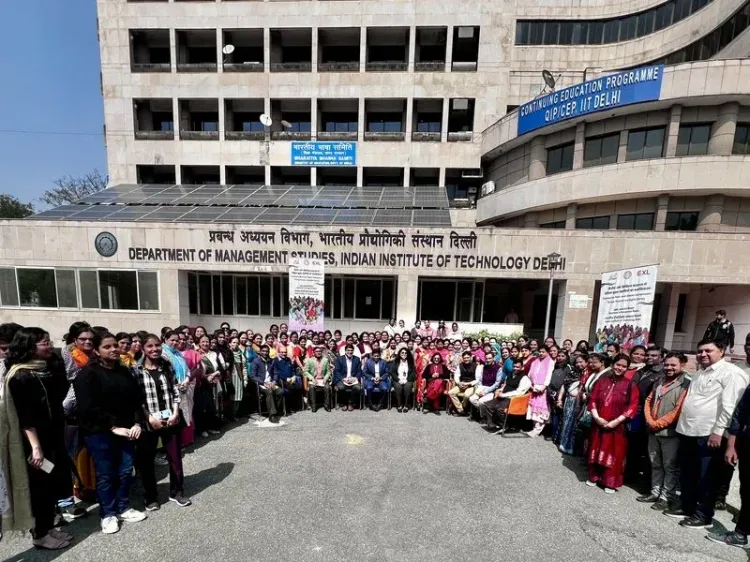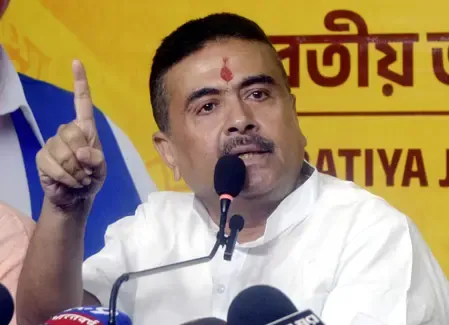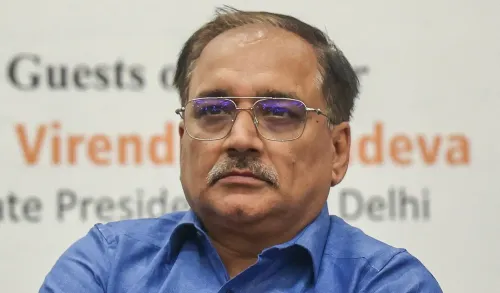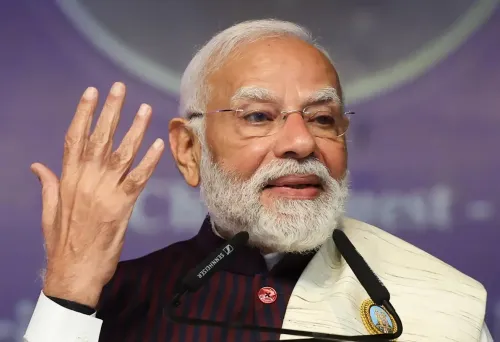How Did India Achieve Its Best Performance in QS Rankings 2026?

Synopsis
Key Takeaways
- 54 Indian universities featured in QS Rankings 2026.
- India ranks fourth globally for university representation.
- PM Modi emphasizes educational reform through NEP 2020.
- Growth in education system among G20 nations.
- Indian institutions are poised for enhanced global success.
New Delhi, June 20 (NationPress) Educators and academic professionals have applauded India's historic achievement in the QS World University Rankings 2026, where 54 Indian universities have made it onto the global list. This is a remarkable increase from 46 institutions last year and just 11 in 2014.
Consequently, India has now secured the fourth position globally, trailing only the US, the UK, and China in terms of the number of universities listed, underscoring the nation's expanding footprint in global higher education.
Prime Minister Narendra Modi and Union Education Minister Dharmendra Pradhan took to social media to congratulate the academic institutions on this milestone. Educational experts attribute this outstanding performance to the government's dedication to education reforms, particularly under the National Education Policy (NEP) 2020.
“The QS World University 2026 Rankings bring encouraging news for our education sector. Our government is devoted to enhancing research and innovation ecosystems for the benefit of India's youth,” PM Modi stated in his post on platform X.
Education Minister Dharmendra Pradhan remarked that India now possesses the fastest-growing education system among G20 nations. “It is a source of pride that India ranks fourth globally. I am optimistic that with ongoing emphasis on research, innovation, and internationalization under the NEP, even more Indian institutions will achieve global excellence in the future,” he asserted.
The Indian Institute of Technology (IIT) Delhi has emerged as the highest-ranked Indian institution this year, advancing from 150th to 123rd position.
Professor Vivek Bhuva, head of the Planning and Ranking Cell at IIT Delhi, called it a remarkable enhancement. IIT Bombay ranks 129th, while IIT Madras entered the top 200 for the first time, moving up from 227th to 180th place.
Dr. V. Kamakoti, Director of IIT Madras, credited the NEP for its improved global standing. “Through international collaborations, Indian institutions are poised for even greater achievements,” he noted.
Dr. Ashwin Fernandes, Executive Director of QS Asia, remarked, “This is India's strongest performance to date and a reflection of Prime Minister Modi’s visionary reforms, particularly NEP 2020, which has fortified research, digital inclusion, and global competitiveness. India is swiftly emerging as an academic powerhouse with aspirations to become a developed nation by 2047.”
Prof. Himani Sood, Founder of New India Development Foundation and Pro-Chancellor of Chandigarh University, shared this sentiment. “This accomplishment mirrors the impact of the NEP and global partnerships. The presence of 54 Indian universities in the QS rankings is a matter of national pride and signifies India's growing leadership in global education, research, and innovation under PM Modi’s stewardship,” she concluded.









